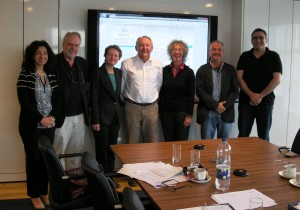
Delegates to the EPRHN Planning Meeting
With financial support from the Fusion Investment Fund, the European Public Relations History Network (EPRHN) held its first planning meeting at BU on Wednesday June 26.
The network was founded virtually in 2012 by Prof Tom Watson of the Media School and drew interest from 33 academics and practitioners in 11 European countries. It was approved.as a project by EUPRERA (Europe’s PR education and research association) in autumn last year.
Its aims are to develop and produce information about the history and historiography of public relations in Europe through the identification and formation of archives, transnational research, joint research bids and the production of publications in print and online formats.
The meeting of EPRHN’s core group brought seven historical researchers from Germany, Romania, Spain, Scotland, Turkey and Bournemouth. Fusion assisted their attendance through travel bursaries.
Among the actions to be progressed are a bid to the EU’s COST (Cooperation in Science and Technology) scheme, which was facilitated on Wednesday by Paul Lynch of RKE; a second edition of its Archives Record publication; and a panel session on ‘developing the history of European public relations’ at EUPRERA’s annual conference in October.
Prof Watson, who was supported by Dr Tasos Theofilou in the organisation of the meeting, said it had been highly productive. “There’s a limit to what we can achieve by email and Skype. The EPRHN made a big forward step because FIF helped bring key members together”. It will also assist Prof Watson and Dr Theofilou to fully launch the group at the October conference.
“At present, 13 countries are represented in the network. We hope to widen that base and engage many more historical researchers in its activities”, said Prof Watson.
For more information about EPRHN and BU’s contribution to the burgeoning field of PR history, go to: http://historyofpr.com.
 Earlier this month, the EC held a public consultation on open access to research data in Brussels inviting statements from a range of stakeholders, who will play some role in revising the ECs policy and will help shape Horizon 2020. Five questions formed the basis of the discussion:
Earlier this month, the EC held a public consultation on open access to research data in Brussels inviting statements from a range of stakeholders, who will play some role in revising the ECs policy and will help shape Horizon 2020. Five questions formed the basis of the discussion:
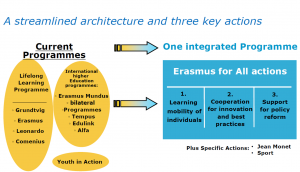


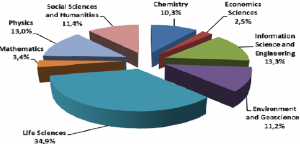
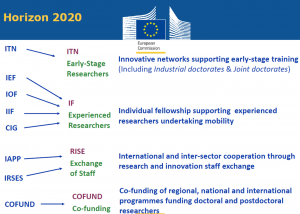


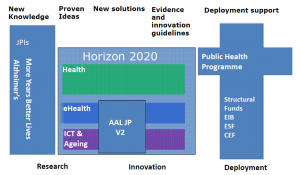

 COST
COST
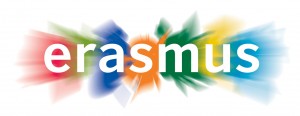


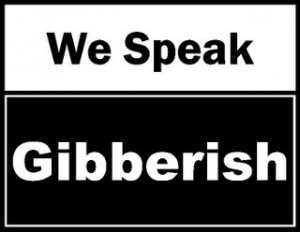
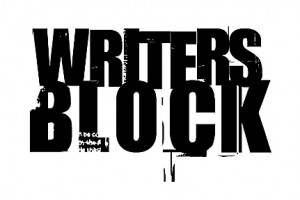












 New weight change BU paper
New weight change BU paper One week to go! | The 16th Annual Postgraduate Research Conference
One week to go! | The 16th Annual Postgraduate Research Conference Geography and Environmental Studies academics – would you like to get more involved in preparing our next REF submission?
Geography and Environmental Studies academics – would you like to get more involved in preparing our next REF submission? Congratulations to three former BU staff
Congratulations to three former BU staff MSCA Staff Exchanges 2024 Call – internal deadline
MSCA Staff Exchanges 2024 Call – internal deadline Applications are now open for 2025 ESRC Postdoctoral Fellowships!
Applications are now open for 2025 ESRC Postdoctoral Fellowships! Horizon Europe – ERC CoG and MSCA SE webinars
Horizon Europe – ERC CoG and MSCA SE webinars MaGMap: Mass Grave Mapping
MaGMap: Mass Grave Mapping ERC grants – series of webinars
ERC grants – series of webinars